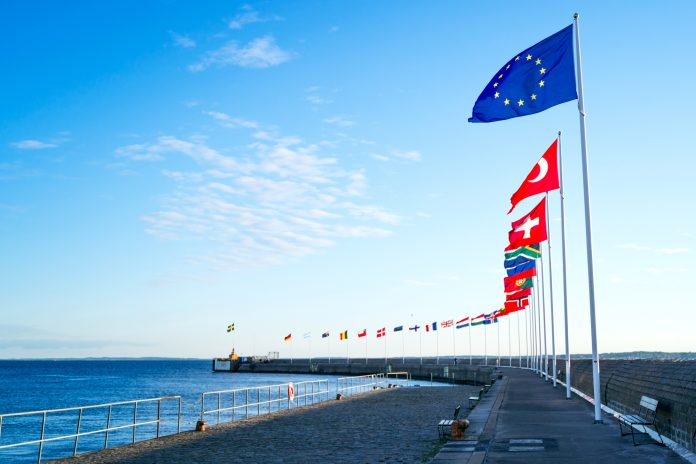The European Commission is proposing to create a Digital Green Certificate to allow safe, free movement inside the EU. The certificate will be a proof that a person has been vaccinated against COVID-19, received a negative test result or recovered from COVID-19.
The Digital Green Certificate will cover three types of certificates: vaccination certificates, test certificates (NAAT/RT-PCR test or a rapid antigen test), and certificates for persons who have recovered from COVID-19.
The certificates will be issued in a digital form or on paper. Both will have a QR code that contains necessary key information as well as a digital signature to make sure the certificate is authentic. The certificates will be available free of charge and in the official language or languages of the issuing Member State and English.
The Commission has said it will build a gateway and support Member States to develop software that authorities can use to verify all certificate signatures across the EU. No personal data of the certificate holders passes through the gateway, or is retained by the verifying Member State. The Commission will support Member States in the technical implementation of certificates.
Certificates will only have essential information and secure personal data: such as name, date of birth, date of issuance, relevant information about vaccine/test/recovery and a unique identifier of the certificate. This data can be checked only to confirm and verify the authenticity and validity of certificates.
The Commission says that Member States remain responsible to decide which public health restrictions can be waived for travellers but will have to apply such waivers in the same way to travellers holding a Digital Green Certificate. Where Member States accept proof of vaccination to waive certain public health restrictions such as testing or quarantine, they will be required to accept, under the same conditions, vaccination certificates issued under the Digital Green Certificate system. This obligation is limited to vaccines that have received EU-wide marketing authorisation, but Member States can decide to accept other vaccines in addition.
If a Member State continues to require holders of a Digital Green Certificate to quarantine or test, it must notify the Commission and all other Member States and explain the reasons for such measures.
The Digital Green Certificate will be valid in all EU Member States and open for Iceland, Liechtenstein, Norway as well as Switzerland, but not the UK.
To be ready before the summer, this proposal needs a swift adoption by the European Parliament and the Council. In parallel, Member States must implement the trust framework and technical standards, agreed in the eHealth network, to ensure timely implementation of the Digital Green Certificate, their interoperability and full compliance with personal data protection. The aim is to have the technical work and the proposal completed in the coming months.
To comply with the measures to limit the spread of the coronavirus, travellers in the EU have been asked to provide various documents, such as medical certificates, test results, or declarations. The absence of standardised formats has resulted in travellers experiencing problems when moving within the EU. There have also been reports of fraudulent or forged documents.
The Commission has been working with the Member States in the eHealth Network, a voluntary network connecting national authorities responsible for eHealth, on preparing the interoperability of vaccination certificates.
The Commission has said that the certificate system is a temporary measure. It will be suspended once the World Health Organization declares the end of the COVID-19 international health emergency.








 ©2024 All rights reserved LaingBuisson
©2024 All rights reserved LaingBuisson 


